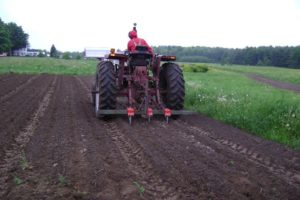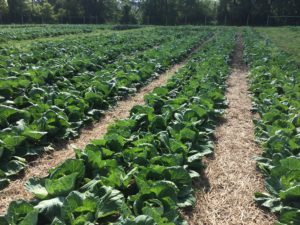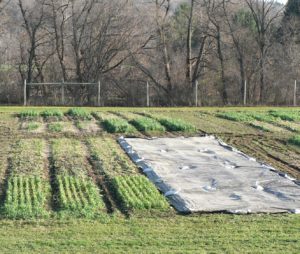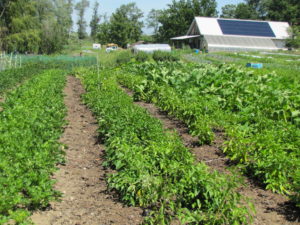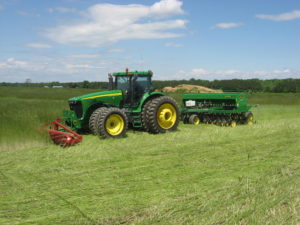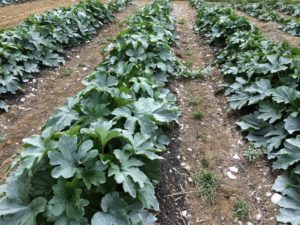Posts by Ryan Maher
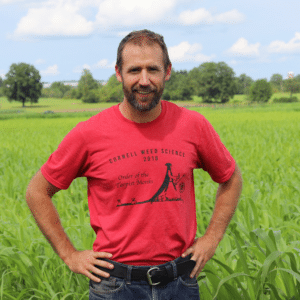
Repeated, intensive tillage degrades soil structure and creates compacted layers than can restrict plant roots. Strip tillage targets soil disturbance to the planting zone and can help retain surface residue,…
Read MorePermanent bed systems can help farms improve soil health at the farm-level. Rather than plow and harrow by the field, fields are divided into a set of beds and field…
Read MoreLearning a small-scale organic method to reduce tillage with less weeds Baseball fans know tarps are critical for keeping fields clean. Heavy rain falling on the diamond can quickly spoil…
Read MoreTools and Tactics for Organic Vegetables at Any Scale August 14th, 2017, 4:00-7:00 pm Location: Freeville Organic Research Farm at the Cornell HC Thompson Vegetable Research Farm, 133 Fall Creek…
Read MoreOrganic farmers and researchers utilize cover crops to reduce the labor and expense of organic mulches. by Ryan Maher and Brian Caldwell Organic mulches like hay or straw can suppress…
Read MorePermanent bed systems can help small farms improve soils and reduce tillage for a diversity of crops. Learn how farmers are adopting these systems and hear research results on how…
Read More- « Previous
- 1
- 2


